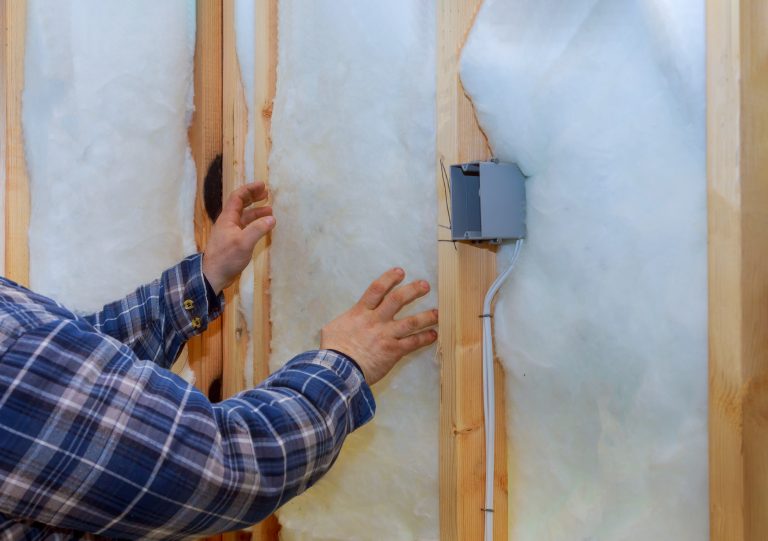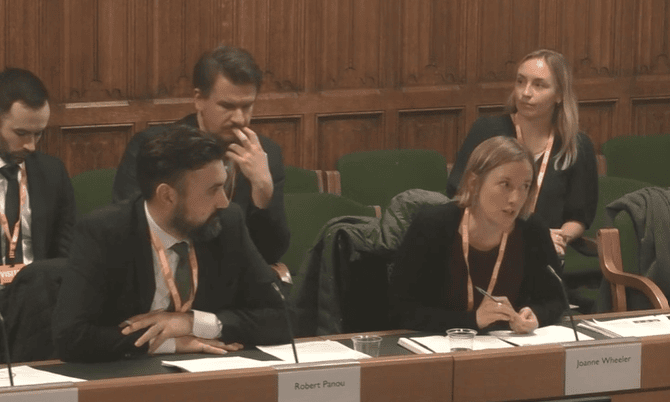UKGBC gives evidence on retrofit

The inquiry has looked at issues surrounding the ability of UK citizens to heat their homes and to take control of their energy bills, touching on issues of energy efficiency (including insulation), heat pumps and other technologies that might replace gas boiler heated homes, the need to ensure new builds and renovated houses meet decent heat standards, the infrastructure problems surrounding delivering warm homes and the need to ensure that there is a skilled workforce when needed.
Many UK consumers are also struggling to afford their heating bills: the percentage of households in England spending more than 10% of their income after housing costs on domestic energy rose to 36.4% in 2023. The new Government committed in its manifesto to upgrading five million homes over five years with the £6.6bn Warm Homes Plan. This is expected to include grants and low-interest loans to support families to invest in insulation, low-carbon heating and home improvements. Alongside this, the Government has committed to boosting minimum energy efficiency standards for private rented homes and social housing.
Jo gave evidence across themes of the current Warm Homes Plan detail, existing retrofit support schemes and why they have undelivered, and how the Government can help consumers make informed decisions. She emphasised the need for longer timescales to build industry confidence, policies which encourage homeowners to invest their own money (such as a Warm Homes Stamp Duty) and the importance of equipping local authorities with the skills and resources to carry out retrofit programmes. Many of these points were echoed by Minister Miatta Fahnbulleh in a later evidence session.
Watch Jo’s session (from 14:57:09 to 15:56:28) here : Parliamentlive.tv – Energy Security and Net Zero Committee

Read the committee’s report to government here
ESNZ committee – Heating our Homes Inquiry Final Report
Related
UKGBC launches the UK Climate Resilience Roadmap

UKGBC responds to the Climate Change Committee’s 2025 Progress Report

UKGBC responds to 2025 Comprehensive Spending Review

Industry reacts as Simon McWhirter appointed Chief Executive of UKGBC

